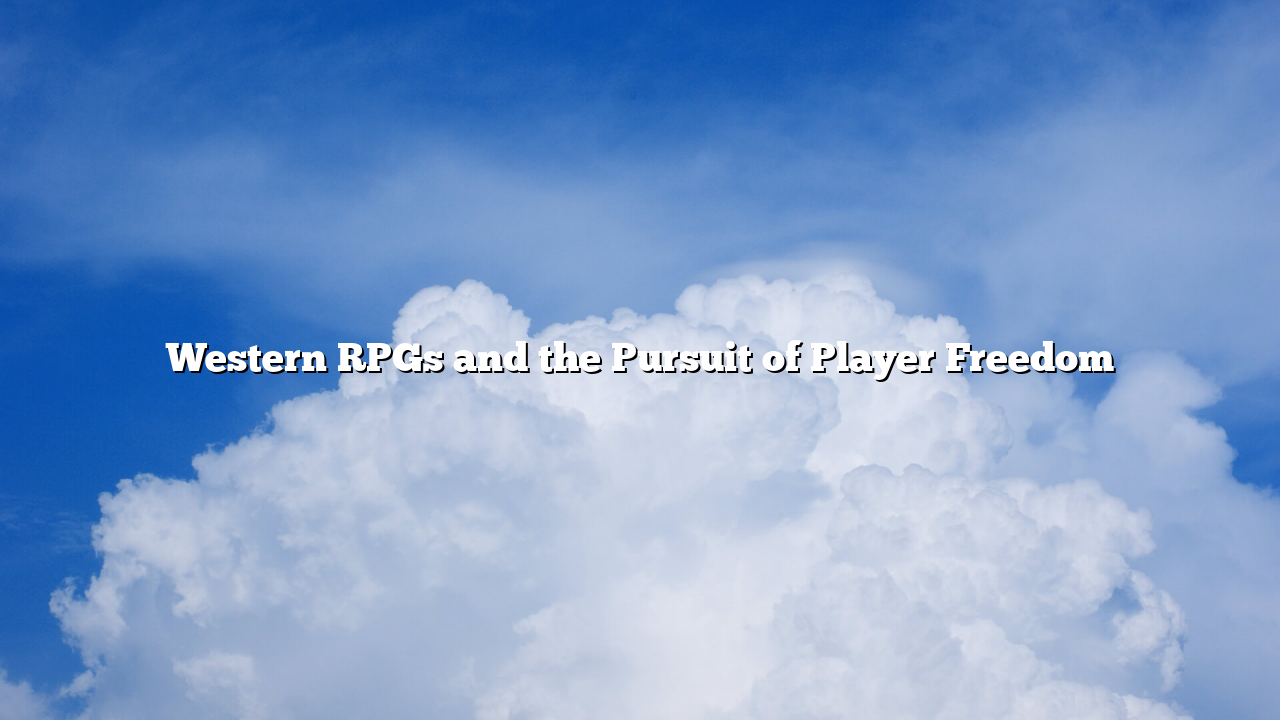Western RPGs (WRPGs) have historically centered around the ideals of player agency, open exploration, and moral choice. While JRPGs often follow structured rajatoto88 narratives, WRPGs traditionally emphasize emergent storytelling, allowing players to define their own path through expansive worlds.
The origins of WRPG design can be traced back to early computer games inspired by tabletop traditions. Ultima, Wizardry, and Might and Magic offered open-world structures and meaningful choices, setting the foundation for the WRPG philosophy. Even with limited technology, these games encouraged players to forge unique experiences based on personal decisions.
The rise of PC gaming in the 1990s helped WRPGs flourish. Baldur’s Gate introduced real-time-with-pause systems, branching dialogues, and complex moral decisions based on Dungeons & Dragons rules. Meanwhile, Fallout offered a dystopian world filled with choices that affected long-term outcomes. These games expanded the importance of role-playing, making player decisions central to the narrative.
The 2000s brought ambitious open-world RPGs that pushed player freedom to new levels. The Elder Scrolls III: Morrowind and later Skyrim allowed players to explore vast landscapes, join factions, ignore quests, or shape the world through their actions. BioWare continued refining narrative choice systems in Mass Effect and Dragon Age, giving players the power to influence relationships and story branches.
WRPGs have since evolved to merge open-world design with sophisticated storytelling. Games like The Witcher 3 showcase morally complex narratives embedded within fully explorable environments. Instead of simple good-versus-evil choices, modern WRPGs embrace ambiguity, allowing players to experience consequences that feel both personal and impactful.
Today, WRPGs remain defined by freedom, exploration, and meaningful decision-making. Their influence can be seen across genres, shaping expectations for player agency in modern game design.
